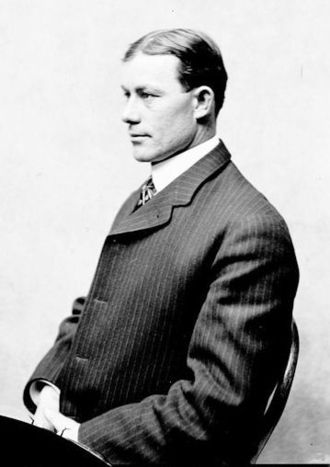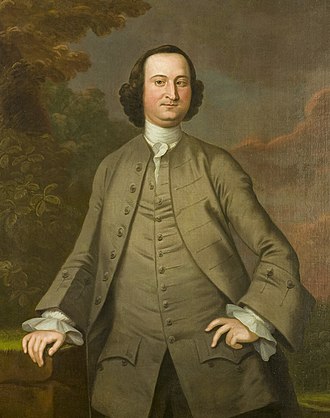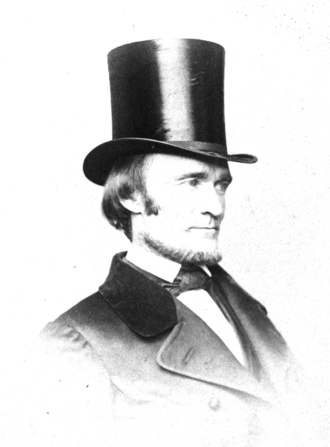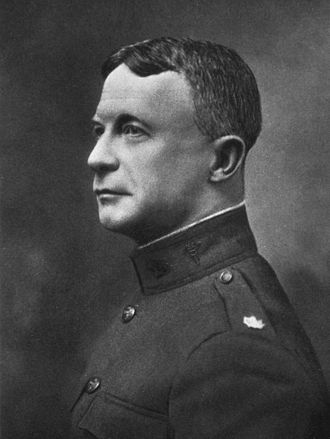Discover Your Roots
SIGN UPDiscover Your Roots
SIGN UPFielding is a male name of English origin, meaning "From The Field." The name is derived from the English surname Fielding and is associated with the action of fielders collecting the ball in sports like cricket and baseball. Additionally, it is linked to several locations, including unincorporated communities in the United States, Canada, and Australia. Fielding Graduate University in California and the Fielding Bradford House in Kentucky also bear the name. Notably, the name has cultural references, such as the character Fielding Mellish played by Woody Allen in the movie Bananas. For related topics, one may explore Fielding percentage and fielding error, the Affair of Fielding and Bylandt, and the town of Feilding in New Zealand.

Fielding Harris Yost (1871–1946) was an influential figure in American college football, known for his roles as a player, coach, and athletics administrator. Throughout his career, he served as the head football coach at various institutions, including the University of Michigan, Stanford University, and the University of Nebraska, amassing an impressive coaching record. Yost's Michigan Wolverines claimed six national championships and secured ten Big Ten Conference titles during his tenure. Notably, his "Point-a-Minute" squads boasted a remarkable record, outscoring opponents extensively. Yost's significant contributions to the development of college football into a national phenomenon earned him a well-deserved induction into the College Football Hall of Fame. Beyond football, he also excelled as a business person, lawyer, and author. Yost's early life in Fairview, West Virginia, and his academic journey at various institutions, including West Virginia University, shaped his path towards a remarkable coaching career. His impact on college football remains an enduring part of his legacy.

Fielding Lewis (July 7, 1725 – December 7, 1781) was an influential figure during the American Revolutionary War. As an American merchant, member of the House of Burgesses, and a Colonel, Lewis played a significant role in shaping the history of his time. Born in Virginia, he hailed from a prominent family with ties to notable figures such as George Washington and Betty Washington. Lewis' successful merchant endeavors and real estate investments established him as a prominent figure before the war. He also owned a plantation in Spotsylvania County, where he operated using enslaved labor. Lewis, who married relatives as was common among the First Families of Virginia, had a large family with his second wife, Elizabeth Washington, including eleven children. His legacy extends beyond his lifetime, with descendants making an impact in various fields, including politics. Fielding Lewis' contributions and influence during the Revolutionary War era continue to be remembered and studied, leaving a lasting legacy in American history.[Word count: 179]

Fielding Bradford Meek (1817–1876) was an American geologist and paleontologist known for his expertise in invertebrates. Born in Madison, Indiana, Meek initially pursued a career in business but, due to delicate health and deafness, shifted his focus to collecting fossils and studying rocks. His dedication to science led him to work on the United States Geological and Geographical Survey of the Territories and collaborate with prominent figures such as Professor James Hall and FV Hayden. Meek's meticulous research and valuable collections of fossils earned him recognition as a top paleontologist. Throughout his career, he authored numerous scientific contributions and co-authored volumes on the paleontology of California and a report on invertebrate Cretaceous and Tertiary fossils. In 1867, he was elected as a member of the American Philosophical Society. Meek passed away in 1876, leaving behind a legacy of significant contributions to the field of paleontology.

Colonel Fielding Hudson Garrison, MD (November 5, 1870 – April 18, 1935) was a renowned medical historian, bibliographer, and librarian of medicine. He is best known for his landmark text "An Introduction to the History of Medicine" (1913), which was the first comprehensive American publication on the history of medicine. Born in Washington, D.C., Garrison earned his A.B. from Johns Hopkins University and his M.D. from Georgetown University. Throughout his career, Garrison made significant contributions to the field of medical history, serving on the staff of the Army Medical Library for almost 40 years and becoming a lecturer in the history of medicine and librarian of the Welch Medical Library at Johns Hopkins University. He also held prestigious positions, such as the Presidency of the American Association for the History of Medicine and the Presidency of the Medical Library Association. Garrison's influential work extended to his contributions as an editor and translator, as well as his expertise as a classical pianist. His legacy lives on through his comprehensive treatise on the history of medicine, his role in the development of the Index-Catalogue of the Library of the Surgeon General's Office, and his widely regarded "A Medical Bibliography" co-authored with Leslie Morton. Garrison's impact on the history of medicine is commemorated by his portrait in the History of Medicine Division Reading Room of the United States National Library of Medicine, where most of his papers have been deposited.This summary introduces Colonel Field

All images displayed on this page are sourced from Wikipedia or Wikimedia Commons.We use these images under their respective Creative Commons or public domain licenses. Wherever applicable, author attributions and license information are provided. If you believe an image is used incorrectly or outside its license terms, please contact us so that we can review and correct the issue.